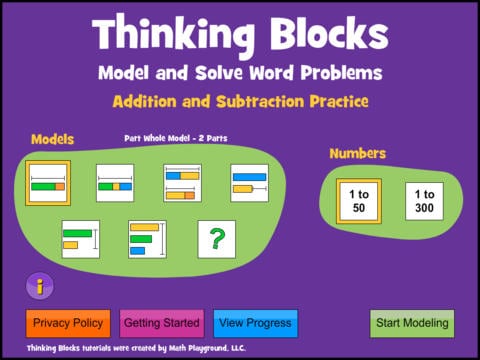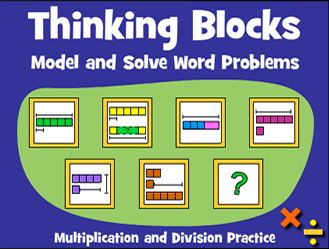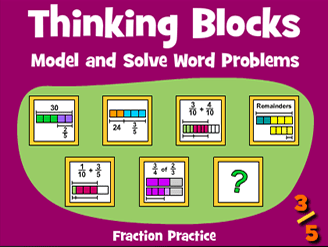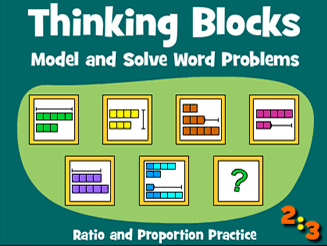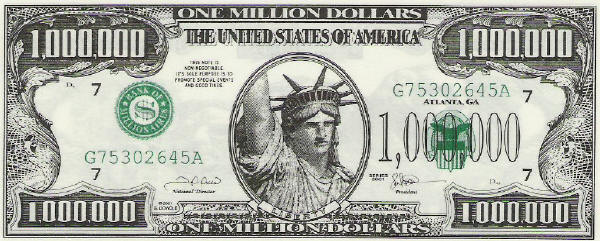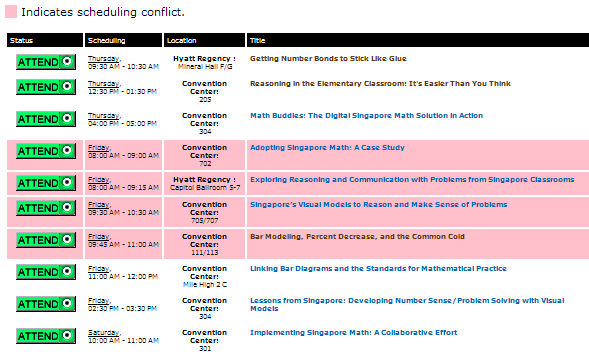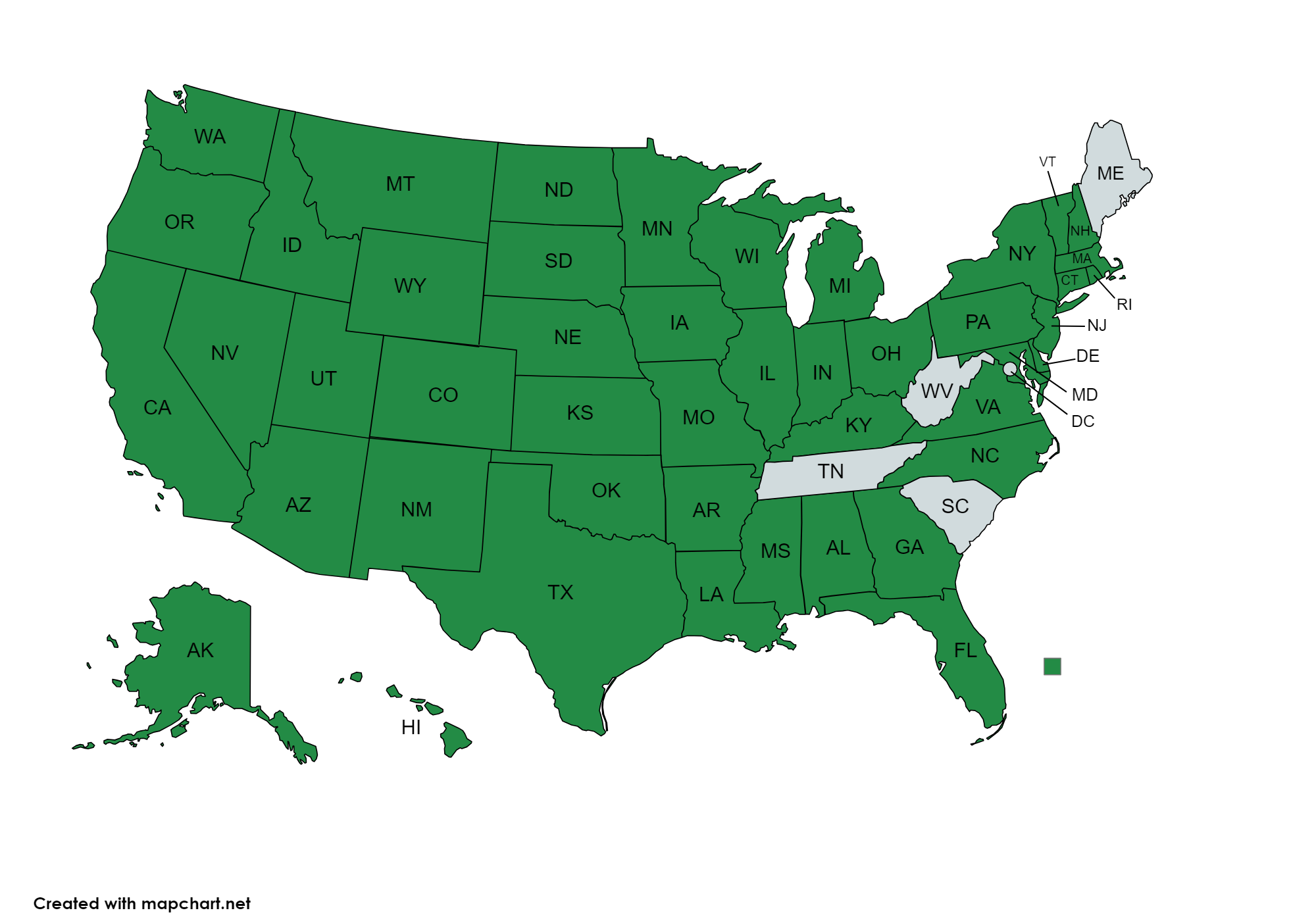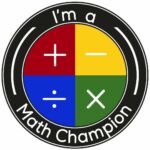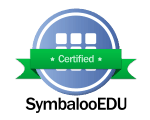For many years, I’ve highly recommended Thinkingblocks.com to my students who hone their bar modeling skills while playing really fun games. These flash-based programs work great on a desktop or laptop, but required third-party solutions to work on mobile devices.
Tired of using Rover to run Thinkingblocks.com on your iPad?
Well, hop on over to the iTunes app store because Math Playground has just published four new iPad apps based on the popular website Thinkingblocks.com that work perfectly, provide tracked progress and are FREE for a limited time:
Addition and Subtraction:
Multiplication and Division:
Fractions:
Ratios and Proportion:
